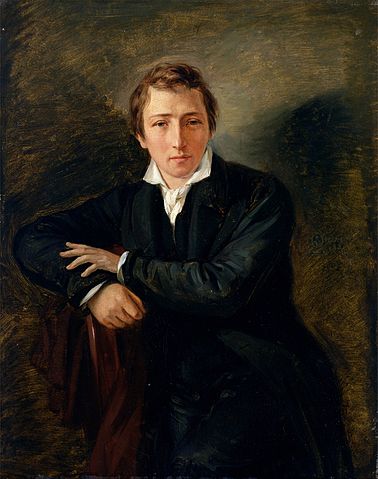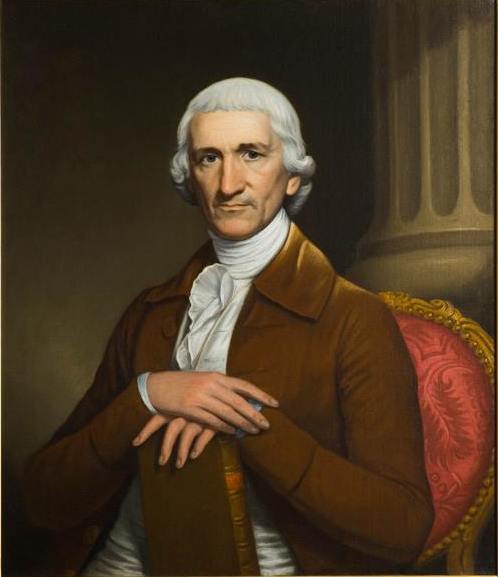A crowd of students gathers on the university plaza at 11:00 p.m. for a parade to a bonfire. They walk by torch-light with drums drumming through the streets of the city, followed by a truck, on their way to the Opera House where a huge pile of wood is waiting. By the time they arrive, the crowd has grown to 30,000, eager for the match to be struck.
A voice thunders across the plaza:

The age of arrogant Jewish intellectualism is now at an end! . . . You are doing the right thing at this midnight hour — to consign to the flames the unclean spirit of the past. This is a great, powerful, and symbolic act. . . . Out of these ashes the phoenix will rise. . . . O Century! O Science! It is a joy to be alive!
The date was May 10 of 1933. The speaker was newly appointed Reich Ministry of Public Enlightenment and Propaganda, Joseph Goebbels. The event was part of “Action Against the un-German Spirit,” a program developed in April by the German Student Union’s Office of Press and Propaganda. At midnight of May 10, 1933, the sights, sounds, and scent of bonfires filled the air of every university town in Germany.

A member of the SA throws confiscated books into the bonfire during the public burning of “un-German” books on the Opernplatz in Berlin.” — United States Holocaust Museum.
The Twelve Theses
“Action against the un-German Spirit” was accompanied by another product of the Student Union leader gathering on April 8. “Twelve Theses,” 12 short statements designed to appeal to German Lutherans’ celebration of Martin Luther’s posting of 95 thesis on the Wittenburg Church door. The “Twelve Theses” were published and posted everywhere. In spirit and tone the “Twelve Theses” was the fitting companion of “Action Against the un-German Spirit.”
The students described their action as a “response to a worldwide Jewish smear campaign against Germany and an affirmation of traditional German values.” The following excerpts illustrate the tone.
"Language and literature have their roots in the people. It is the German people’s responsibility to assure that its language and literature are the pure and unadulterated expression of its Folk traditions.” “Purity of language is your responsibility!” “Our most dangerous enemy is the Jew and those who are his slaves…. "A Jew can only think Jewish. If he writes in German, he is lying. The German who writes in German, but thinks un-German, is a traitor!” “We want to regard the Jew as alien… The unGerman spirit is to be eradicated from public libraries.” "At present there is a chasm between literature and German tradition. This situation is a disgrace." “We demand of German students the desire and capability to overcome Jewish intellectualism and the resulting liberal decay in the German spirit.”
On the List
The list of “unclean spirit”…”un-German”… or “anti-German” literature was long. Among the 4,000 books to be purged were the works of Albert Einstein and Thomas Mann, Hellen Keller, Jack London, H.G. Wells, Karl Marx, Erich Maria Remarque, Sigmund Freud, and Heinrich Heine.
Heinrich Heine was a widely-read 19th Century German poet, journalist and essayist whose prescient line in Almansor: A Tragedy, published a century before in 1823, hit too close for comfort in 1933.

“Where they have burned books, they will, in the end, burn people, too.”
–Poet Heinrich Heine, 1823
February 1, 2022, Brooklyn Park, Minnesota in the U.S.A.
At dawn I take the dog out and bring in the paper. “Campaign to ban books spreads across the U.S.” leaps from the front page, as had a report two days ago —“School Board in Tennessee Bans Teaching of Holocaust Novel ‘Maus’” NYT, Jan. 27.” The Tennessee school board had voted to remove the novel “Maus” by Pulitzer Prize-winning author Art Spiegelman because it contains swear words, according to the board minutes. The vote was unanimous.
When Art Spiegelman learned that “Maus” — his Pulitzer Prize-winning graphic novel about his family’s experience during the Holocaust — had been banned by a Tennessee school board, he told the Washington Post exactly what he thought of the antisemitic decision:
“It’s part of a continuum, and just a harbinger of things to come. This is a red alert.”
Art Spiegelman to Washington post re: censorship
Book burnings, censorship and purging have a history. Most often the books are judged as unclean, not pure, unpatriotic, unChristian, un-this and anti-that, un-American and anti-American, etc. Yesterday’s NYTimes article (Jan. 31, 2022) on book-banning cites a poignant quote by Lauri Halsi Anderson, contemporary author of young adult books.
"By attacking these books, by attacking these authors, by attacking the subject matter, what they are doing is removing the possibility for conversation. You are laying the groundwork for increasing bullying, disrespect, violence and attacks."
Letter to Benjamin Franklin, September 24, 1765

Correspondence between “Founding Fathers” Charles Thomson and Benjamin Franklin is preserved in the National Archives. Thomson’s letter to Franklin now feels as prescient in the U.S.A. as Heinrich Heine’s line was for Germany.
“The Sun of Liberty is indeed fast setting, if not down already, in the American colonies: But I much fear instead of the candles you mention being lighted, you will hear of the works of darkness.” — Charles Thomson: letter to Benjamin Franklin, September 24, 1765 .
At the time of Thompson’s letter, “the Sons of Liberty” were turning to violence and intimidation in response to the Stamp Act. Franklin was a principled Quaker committed to reason, civility and non-violence. Franklin would likely have chuckled at Thomson’s play on words, but not at the warning of the works of darkness.
Conroe, Texas, U.S.A – January 30, 2022
“If I run and if I win,” declares Donald Trump to a cheering crowd in Conroe Texas,”we will treat those people from January 6 fairly. And if it requires pardons, we will give them pardons because they are being treated so unfairly.”
He accuses Black prosecutors of racism. “These prosecutors are vicious, horrible people. They’re racists and they’re very sick, they’re mentally sick. They’re going after me without any protection of my rights from the Supreme Court or most other courts. In reality, they’re not after me, they’re after you…. If these radical, vicious, racist prosecutors do anything wrong or illegal, I hope we are going to have in this country the biggest protest we have ever had in Washington, D.C, in New York, in Atlanta and elsewhere.”
A little gray Maus who’d been shooed off the stage quivers and squeals to the audience, “This is a red alert!”
Gordon C. Stewart, public theologian, author of “Be Still! Departure from Collective Madness” (2017 Wipf and Stock), Brooklyn Park, MN, Feb. 3, 2022.
